Related Research Articles

Marsilio Ficino was an Italian scholar and Catholic priest who was one of the most influential humanist philosophers of the early Italian Renaissance. He was an astrologer, a reviver of Neoplatonism in touch with the major academics of his day and the first translator of Plato's complete extant works into Latin. His Florentine Academy, an attempt to revive Plato's Academy, influenced the direction and tenor of the Italian Renaissance and the development of European philosophy.

Year 1571 (MDLXXI) was a common year starting on Monday of the Julian calendar.
Year 1462 (MCDLXII) was a common year starting on Friday of the Julian calendar.
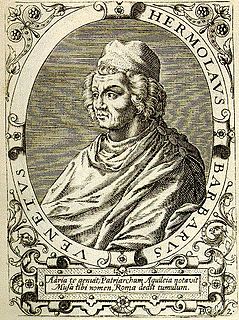
Ermolao or Hermolao Barbaro, also Hermolaus Barbarus, was an Italian Renaissance scholar.
John Taylor was Master of the Rolls of the Court of Chancery from 1527 to 1534, following a successful career as a priest and civil servant.
The Comptroller of the Household is an ancient position in the British royal household, nominally the second-ranking member of the Lord Steward's department after the Treasurer of the Household. The Comptroller was an ex officio member of the Board of Green Cloth, until that body was abolished in the reform of the local government licensing in 2004. In recent times, a senior government whip has invariably occupied the office. On state occasions the Comptroller carries a white staff of office, as often seen in portraits.

Sikandar Lodi, born Nizam Khan, was an Afghan Sultan of the Delhi Sultanate between 1489 and 1517. He became the next ruler of the Lodi dynasty after the death of his father Bahlul Lodi in July 1489.The second and most successful ruler of the Lodi dynasty of the Delhi sultanate, he was also a poet of the Persian language and prepared a diwan of 9000 verses.
The Lord Warden of the Marches was an office in the governments of Scotland and England. The holders were responsible for the security of the border between the two nations, and often took part in military action. They were also responsible, along with 'Conservators of the truce', for administering the special type of border law known as March law.

Charles de Bourbon was a French prince du sang and military commander at the court of Francis I of France. He is notable as the paternal grandfather of King Henry IV of France.
The Prior of May then Prior of Pittenweem was the religious superior of the Benedictine monks of Isle of May Priory, which later moved to the mainland became called Pittenweem Priory. The priory was originally based on the Isle of May, but was moved by 1318 to its nearby mainland site of Pittenweem, Fife, passing from the overlordship of Reading Abbey (Benedictine) to St Andrews Cathedral Priory (Augustinian). The following is a list of priors and commendators:
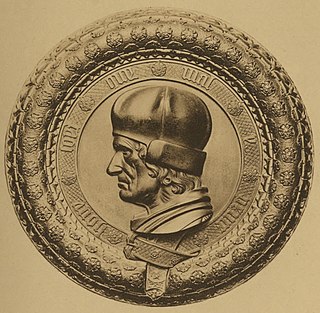
Sir Thomas Lovell, KG was an English soldier and administrator, Speaker of the House of Commons, Secretary to the Treasury and Chancellor of the Exchequer.
Richard Hill was a medieval Bishop of London.
Events from the 1510s in England.
A treaty of the Holy See is called a Concordat. This is a list.
Sir Thomas Fitzwilliam was Speaker of the House of Commons of England in 1489–1490.
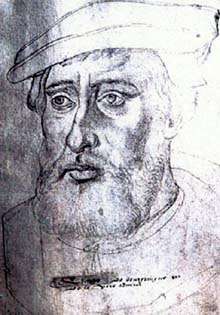
Adolf of Burgundy (1489–1540) was Lord of Veere and admiral of the Netherlands.
John Drummond, first Lord Drummond, was a Scottish statesman.
Simon Haynes or Heynes was Dean of Exeter between 1537 and 1552.
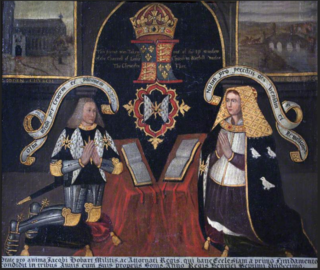
Sir James Hobart, also known as James Hoberd and James Hubbard, of Norfolk became a member of Lincoln's Inn during Edward IV of England's reign and was appointed attorney-general and knighted during the reign of Henry VII.
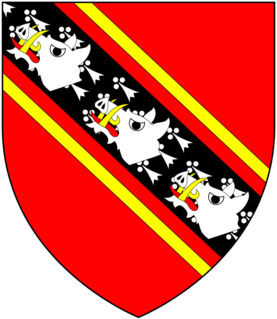
Sir Peter Edgecumbe of Cotehele, Cornwall was an English courtier, sheriff and Member of Parliament.
References
- ↑ "ERLICH, John (by 1489-1516), of Cambridge. - History of Parliament Online". Historyofparliamentonline.org. Retrieved 3 March 2019.
| | This article about a 16th-century Member of the Parliament of England is a stub. You can help Wikipedia by expanding it. |